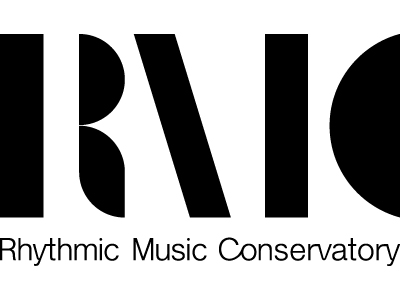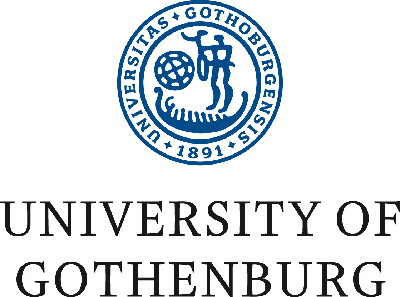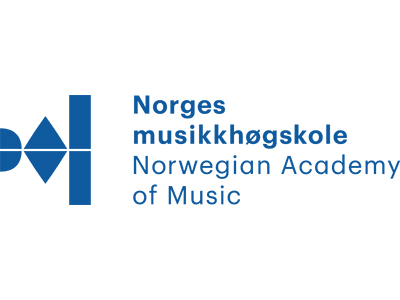Housing/accommodation:
As a NoCoM student, you will during your studies have to change your city of location each semester, and you are yourself responsible for finding accommodation.
However, the partner institutions are able to offer you relevant opportunities to help you. Please check the websites of the individual institutions.
Tuition:
The study programme is basically free of charge for all students who are citizens of an EU/EEA country.
The EU/EEA countries are the following:
Austria, Belgium, Bulgaria, Czech Republic, Cyprus, Denmark, Estonia, Finland, France, Germany, Greece, Hungary, Iceland, Ireland, Italy, Latvia, Liechtenstein, Lithuania, Luxembourg, Malta, Netherlands, Norway, Poland, Portugal, Romania, Slovakia, Slovenia, Spain, Sweden.
Students from outside the EU and the EEA, however, must pay a tuition fee per study year according to the different national regulations – please check the website for the institution where you intend to apply for admission.
Student support:
As a NoCoM student, you are registered as a Master student and as such you are eligible for state educational support in accordance with the national regulations in the home country of your home institution.
For the two exchange semesters, you are furthermore eligible for Erasmus or Nordplus support in accordance with the set of rules for the specific support programme.
Travel:
For the compulsory Joint Intensive Modules each semester the partner institutions will cover students´ expenditures for travel and accommodation.
For all other non-compulsory travel activities in relation to your studies, you will have to cover your expenses yourself.
Tutoring/advising:
Each student is assigned to a main advisor at his or her home institution, normally a member of the permanent staff – and normally the NoCoM Coordinator.
The main advisor follows the student throughout the programme, and gives the student advice and feedback relating to artistic choices, aims and problems relating to the master’s project.
Each student is also assigned to a local advisor at each of the exchange institutions. Both advisors consult with the student in coordinating the courses taken during semesters 2 and 3.
Tuition language:
The programme is taught in the Scandinavian languages, and English when necessary.


